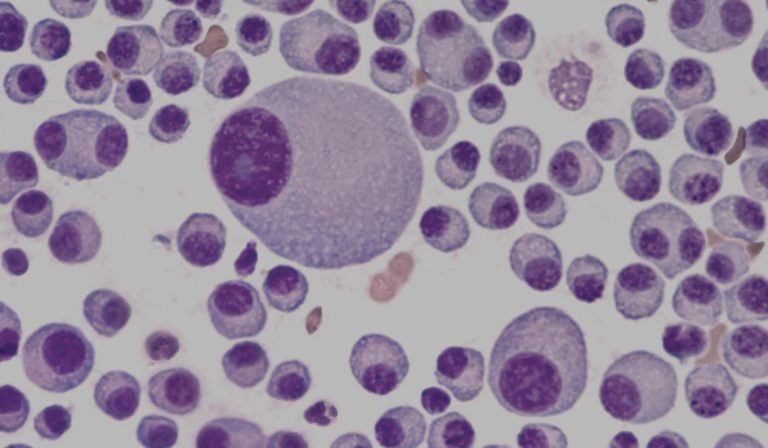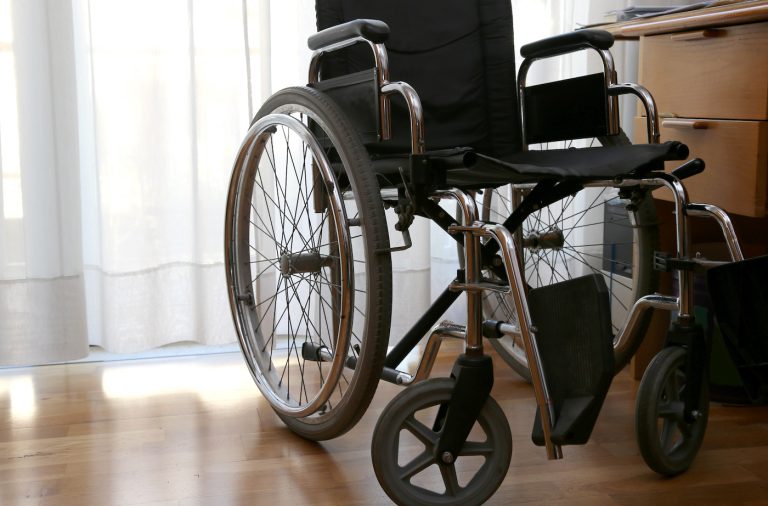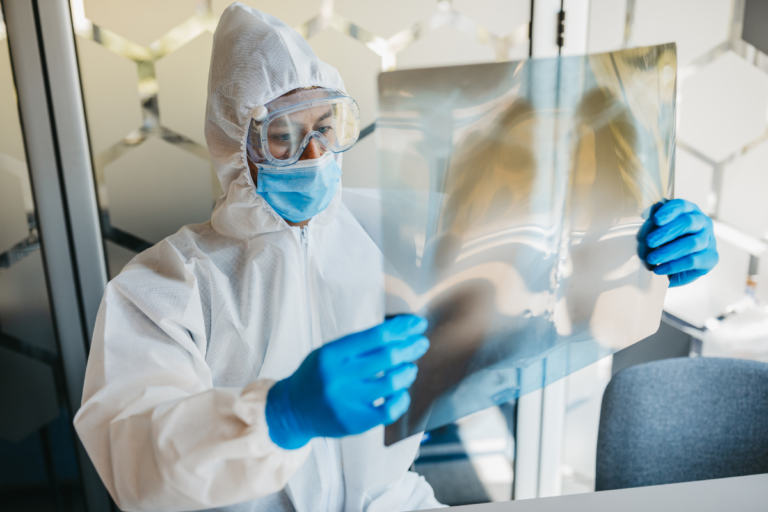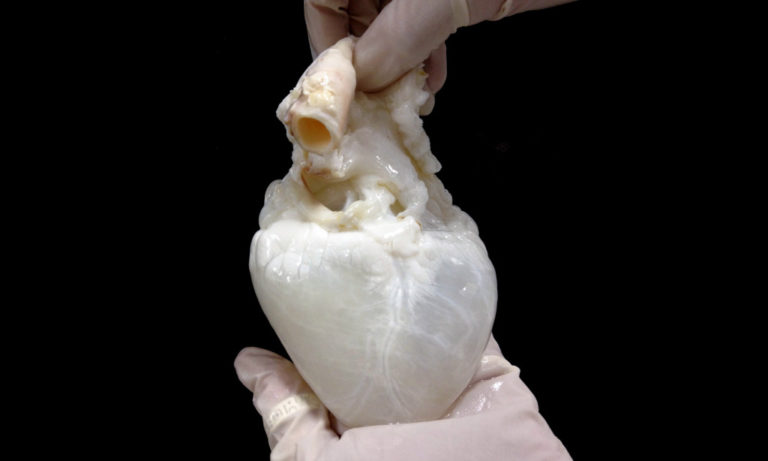
High-dose treatment with chemotherapy followed by stem cell transplantation is today the standard treatment for multiple myeloma
Cell Therapy Stem cells and multiple myeloma Medical treatments with tissues and cells are increasing thanks to major advances in biotechnology. Today, there are more than 80 diseases and conditions...

In 2014, the first stem cell therapy for the treatment of ALS was launched
Amyotrophic lateral sclerosis ALS and stem cells Amyotrophic Lateral Sclerosis, (ALS) is a serious but unusual neurodegenerative disease, for which there is currently no cure. Every year, just over 200...

Fetal microchimerism
How an unborn baby’s cells can pass to the mother’s body during pregnancy, stay there for decades and help her resist neurodegenerative diseases such as Alzheimer’s.

AI helps scientists understand how a declining population of stem cells contributes to aging
The application of artificial intelligence in medical research is on the rise. In some of the recent research, advanced computer algorithms are being used to figure out why we age.

Canadian Trial for ProTrans in COVID-19
TUE, FEB 02, 2021 15:50 CET NextCell Pharma AB (“NextCell”) today announces that Health Canada and the McGill University Health Centre Research Ethics Board have authorized the clinical trial entitled...

Ghost hearts could relieve the shortage of donor organs
Tailor-made organs for human heart transplants using a patient’s own stem cells. This could mean an end to all organ shortages and anti-rejection drugs, as well as a revolution in cardiovascular surgery.

Interview in the magazine Kids & Family with one of our Cellaviva families
“As a becoming mother, you want to be able to sign a contract with ‘the existence’ that nothing terrible can happen to your child. Unfortunately, reality does not look like that and we live in a time where life factors and the environment affect life “, answers Anja to the question why they believe that stem cell saving was an important step at the birth of their daughter.

What do atomic bombs and stem cells have in common?
The people exposed to nuclear fallout from the atomic bombs dropped on Hiroshima and Nagasaki during World War II suffered catastrophic health problems long after the actual explosions, which led researchers (who were looking for cures) to make an incredible discovery.
